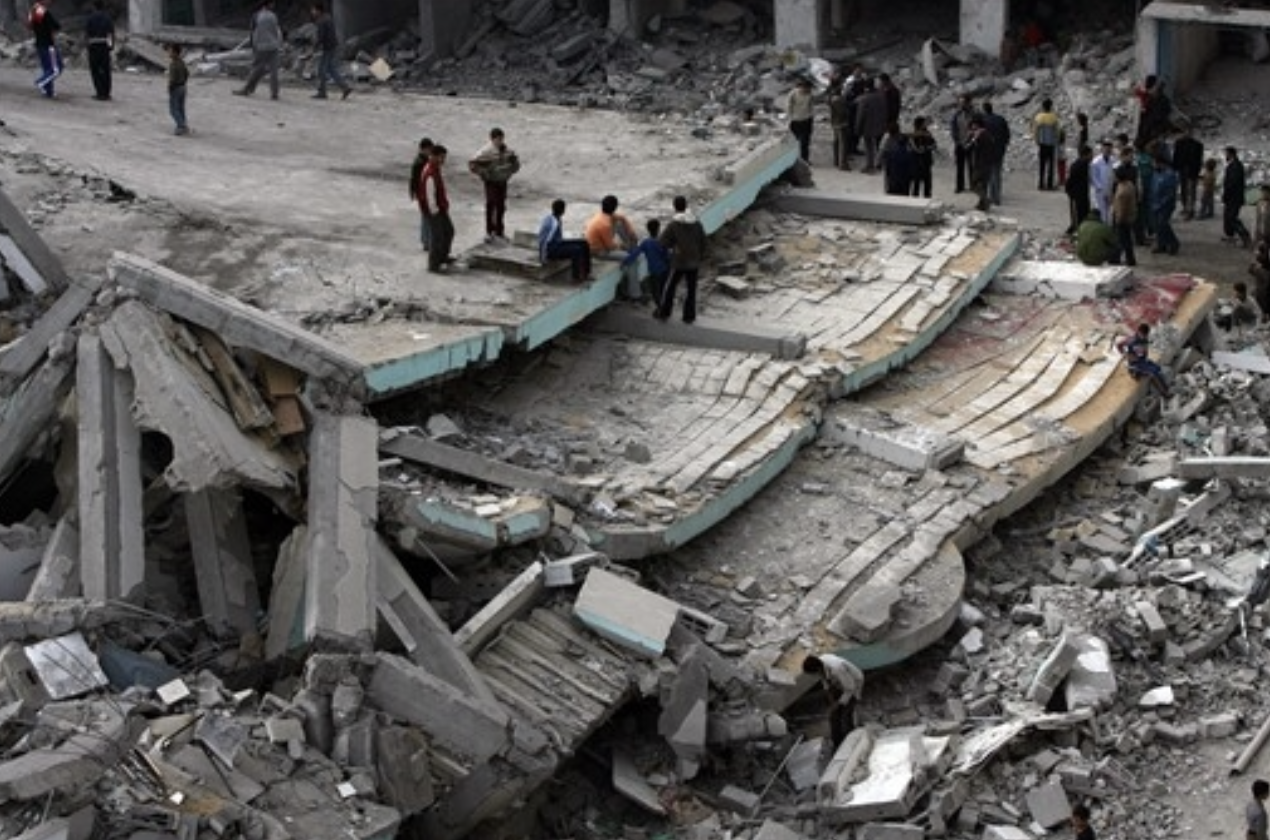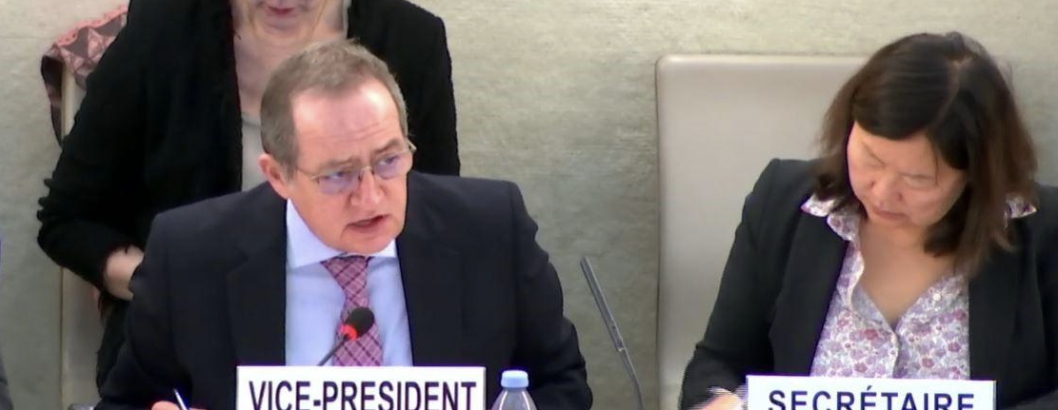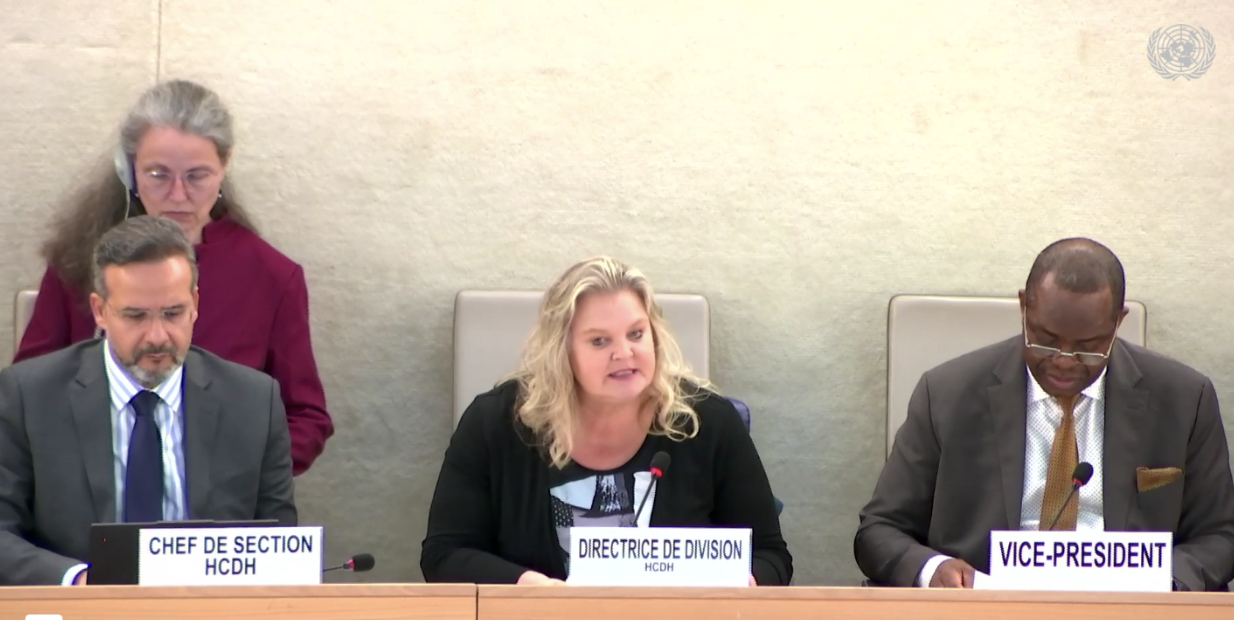By: Alexandra Guy/ GICJ
Freedom of expression in Thailand has been severely restrained since the 2014 military coup and the establishment of a state of emergency, and the situation is hardly improving. Human rights defenders and journalists are being arbitrarily detained, tortured and executed in Thailand, and the law system allows these violations.

The third cycle of Thailand’s Universal Periodic review took place on the 10th of November 2021, during the 39th session of the UN Human Rights Council Working Group on UPR. The member states pointed out several issues, including violations of the freedoms of expression and association, the persistence of enforced disappearances, torture and ill treatments, the death penalty, and the violation of children, women, persons with disability and LGBTQI+’s rights.
The OHCHR report repeatedly mentioned political and civil rights issues in Thailand which were reiterated by stakeholders during the interactive dialogue. Indeed, the lese-majesty law and the defamation law prevent Thai citizens from exercising their freedom of expression and allow political impunity, on the grounds of public security and the sanctity of the royal family. Peaceful assemblies are also legally restricted, with political gathering limited to five people. The government even uses technology as an obstacle to protests, by blocking messaging application that protesters use to communicate. COVID-19 has been another excuse for the country to restrict freedom of expression and association. However, “public security” cannot justify prolonged limitations of fundamental human rights. A recent draft law that would enforce the government’s control over NGOs activities and fundings could worsen the situation.
Violence in the criminal and prison systems also concerned the international community. Human right defenders, journalists and activists are victims of torture and ill treatment, violations which are enabled by the country’s legislation. The death penalty still applies, including for crimes which are not considered to be the “most serious crimes”, such as corruption or drugs. The Thai delegation justified such behavior by claiming that the population was still in favor of the death penalty, despite their efforts to raise awareness on the importance of the right to life. They noted their progress in removing the dead penalty for officials who have committed wrongdoings. Ireland and Madagascar, among other countries, recommended the State to set up a Moratorium on the death penalty. Other states urged for its abolition. The right to life of all individuals should be unconditional.
Geneva International Center for Justice (GICJ) is concerned by the current situation in Thailand, where violations of the freedoms of expression and association are limited and threatened of more severe restrictions. We urge the country to ratify the Optional Protocol of the Convention against Torture and the Second Optional Protocol to the International Covenant on the Protection of Civil and Political Rights aiming at the abolition of the death penalty. We remind Thailand that protests and other types of liberty of expression are essential for democracy, as they allow the government to receive feedback on its actions.
Justice, Human rights, Geneva, geneva4justice, GICJ, Geneva International Centre For Justice












